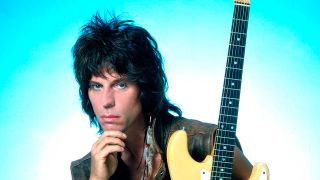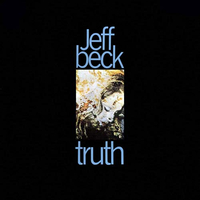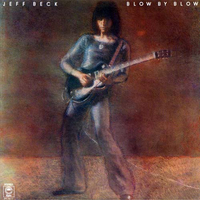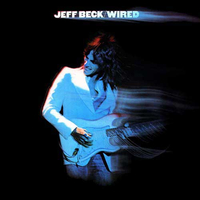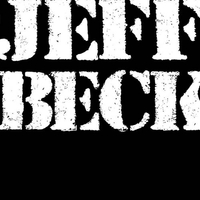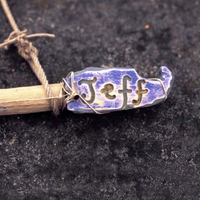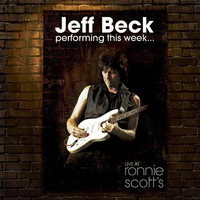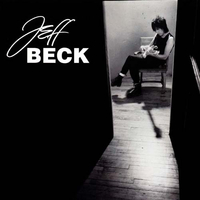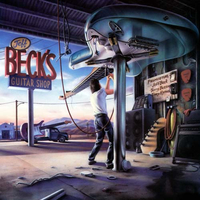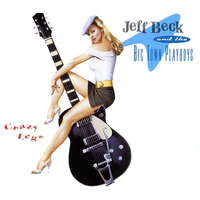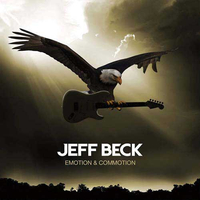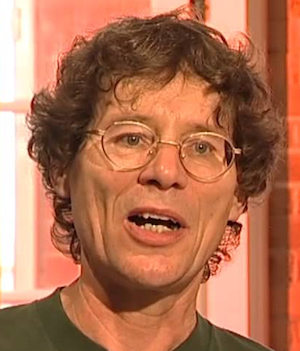One of the triumvirate of great British guitarists who came out of The Yardbirds, Jeff Beck arguably had more natural talent than Eric Clapton and Jimmy Page combined. Chris Dreja, the rhythm guitarist in The Yardbirds, who played with all three of them has no doubts.
“Jeff was a fucking genius.” he says. “The funny thing was that in contrast to Eric, Jeff was totally uncool – except when it came to his guitar playing.
“The other thing about Jeff was that he wasn’t very talkative. So it was hard to know what he was thinking. But on stage it was completely different. He’d really come alive and you never quite knew what he was going to do.”
Many of the musicians Beck worked with would echo those sentiments. A mercurial genius, he never conformed to the conventional image of a guitar hero – except maybe when it comes to looks. Unlike Clapton and Page, who attained superstar status by hard graft as much as talent, Beck repeatedly left or broke up bands before their commercial potential could be fully realised. He restlessly changed style from one album to the next, refusing to be tied down musically. His live performances were intermittent – though seldom short of breathtaking.
The result was that Beck remained third in the trio when it comes to fame – and the double-edged sword of being a household name. Not that it appeared to bother him in the slightest. He wasn't poor and he could afford to indulge in his hobby of restoring classic cars.
His instinctive talent wasn't something that could be produced on demand, and he didn’t have the temperament to spend months on the road promoting his wares. As he said: “If you’re a painter and you get that close to the picture every day for a week, you get sick of it. But if you leave it for a little bit and then come back to it, the chances are you’ll think: ‘Wow! Who painted that?’”
The idiosyncratic nature of Beck’s musical career – the changes in style, the irregular gaps between albums – mean that it’s extremely difficult to compile a definitive buyer’s guide; one fan’s favourite album may be anathema to another. And most Beck fans are not shy when it comes to having an opinion. But do you think that’s going to stop us?

...and one to avoid
You can trust Louder
